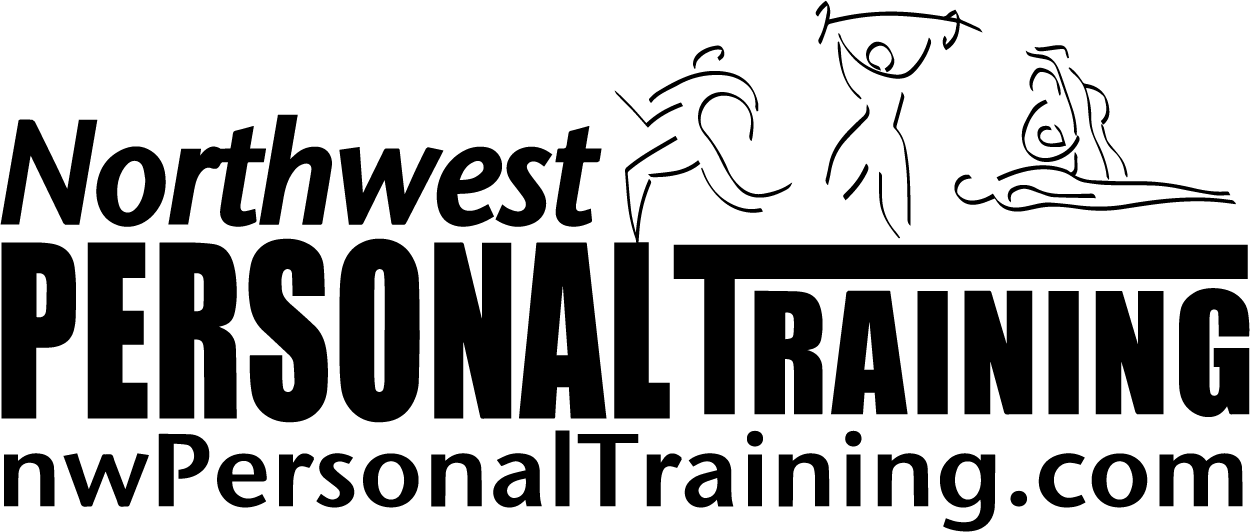Nutrition Habit #3: Plan your meals so that you consume 5 small meals and snacks throughout the day
See if you recognize yourself in any of the following. You skip breakfast, guzzle coffee all morning and then, practicing great self-control, you eat a tiny lunch. By mid-afternoon, you are starving and so you grab a quick pick-me-up chocolate bar or muffin. By the time you get home, you are hungry, irritable, tired and ready for dinner. You stuff yourself at the dinner table and then snack all evening. You go to bed on a full stomach, and tomorrow the cycle begins all over again.
In today’s busy environment, this type of eating pattern is common and has your body working against you rather than for you. Many people who do not eat breakfast and consume only a very light lunch are tricked into believing that they are reducing their caloric intake when, in fact, they are actually setting themselves up for a snacking binge in the late afternoon, followed by an overload at dinner and into the evening. The result is just the opposite of what you intend: Total calories consumed during the day will end up being higher rather than lower! And the scale gives you the bad news that you are gaining weight.
The theory is this: Our bodies are not very good at burning calories from a big meal, especially in the evening when all our systems tend to slow down. Many of our evening calories, then, are more likely to be stored as fat.
Your metabolism, the rate at which you burn calories for internal functions, is like an engine – the more often you give it fuel, the better it works. When you deprive your body of food, even for short periods of time, your metabolism automatically slows down in order to preserve energy. And a slowed metabolism makes it much more difficult to lose weight and much easier to gain weight. The type of diet that is not consistent in caloric and nutrient intake will also lead to a more rapid loss in muscle tissue – we want to avoid this at all costs. The good news is you can get your body to work for you instead of against you. The rule should be that you do not go any more than three to four hours without eating something.
Think of starting your day by revving your internal engine. This means regardless of whether you are a breakfast person or not, you must develop the habit of having something to eat in the morning. Your momma was right – breakfast is the most important meal of the day but it does not need to be a 5-course meal. A piece of fruit with yogurt, or half a bagel with peanut butter or light cream cheese, or cereal and milk or eggs, toast and juice will do the trick. Then a few hours later, try a small snack like a piece of fruit and a cup of yogurt. By lunchtime, you are not going to have a problem making a healthy, low-fat, low-calorie choice. A half-sandwich and salad or bowl of chili or vegetable soup might be an appropriate lunch. A few hours later, in the afternoon, eat another light snack like a handful of walnuts, and some celery and carrot sticks or crackers and cheese. By the time dinner comes around, you will not be ravenous and you will be less likely to indulge and consume too many calories. This type of eating pattern keeps your metabolism revved all day, keeps your blood sugar at a healthy level, will keep your energy levels up and will help avoid the tendency to over-eat at any meal. You’ll be a lot more enjoyable to be around also.
Most of us have been conditioned to believe that dinner should be the largest meal of the day, so changing your eating patterns is not going to be easy. It will not happen overnight. You will probably have to change other old habits too. If, for example, you snack in the evening while watching TV, you might need to go for a walk in the evening instead. If you find yourself bored in the evening and eating because there is nothing else to do, think about enrolling in an evening course or start reading a good book. Breaking habits is very difficult in the beginning but eventually it will become second nature.
Yours in health and fitness,
Sherri McMillan
